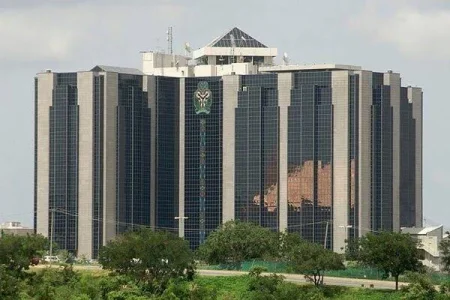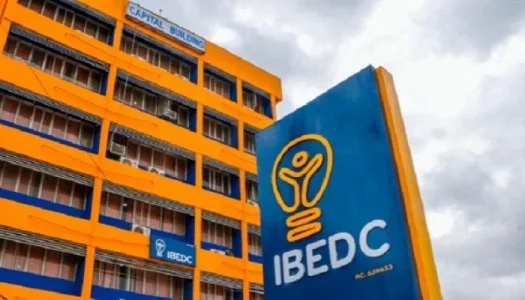
The World Bank has criticized the Central Bank of Nigeria's interest rate hikes, stating they may not curb inflation effectively. The report suggests Nigeria needs a balanced approach, combining monetary and fiscal policies, to address inflation driven by supply-side factors and structural bottlenecks, ensuring sustainable economic growth.
In significant critique of Nigeria's monetary policy, the World Bank has voiced concerns that the Central Bank of Nigeria's (CBN) strategy of raising interest rates may not effectively curb the country's persistent inflation.
This perspective was detailed in the World Bank's latest global economic prospects report, highlighting the challenges and risks facing Nigeria's economic growth.
The report emphasizes that one of the major risks to Nigeria's economy is the potential ineffectiveness of the CBN's aggressive monetary tightening.
Since the beginning of 2024, the Monetary Policy Committee (MPC) has raised interest rates from 22.75% in February to 26.25% in May—a substantial increase aimed at controlling the surging inflation. However, the World Bank warns that such measures might not suffice.
Economists have long debated the impact of interest rate hikes on inflation control. High interest rates tend to discourage borrowing, leading to reduced spending and investment.
This slowdown can dampen economic productivity, resulting in job losses and lower consumer demand. The World Bank's report suggests that these effects might outweigh the intended benefits of reducing inflation.
"Risks to Nigeria’s growth outlook are substantial, including the possibility that the tightening of monetary policy stops short of reining in inflation," the report stated. The World Bank projects Nigeria's economic growth to reach 3.3% in 2024 and 3.5% in 2025, with gradual improvements expected in both the oil and non-oil sectors.
The report's findings align with concerns expressed by key figures within Nigeria's financial system. Philip Ikeazor, the CBN Deputy Governor in charge of Financial System Stability, highlighted the adverse effects of consecutive interest rate hikes on the economy.
He pointed out that high rates could further depress sectors already vulnerable to economic shocks, such as oil and manufacturing.
Similarly, Aloysius Uche Ordu, a senior fellow and director at the Brookings Institution, noted that increasing interest rates could negatively impact consumer spending and business investments. He emphasized the need to address supply-chain issues and other structural factors contributing to inflation to avoid long-term economic damage.
Professor Uche Uwaleke, a finance expert, echoed these sentiments, stressing that Nigeria's inflation drivers are largely due to supply-side factors and structural bottlenecks. "Aggressive rate hikes are inappropriate in such a context.
The pressure on food inflation, which constitutes a significant portion of Nigeria's overall inflation, requires fiscal measures to address issues like insecurity, transport challenges, and climate change," he said.
Dr. Muda Yusuf, CEO of the Centre for the Promotion of Private Enterprise, urged a balanced approach, warning against the extreme tightening of monetary policy. He argued that high borrowing costs, compounded by logistical and regulatory challenges, could stifle business operations and economic growth.
The World Bank's report and expert opinions highlight the complexity of Nigeria's inflation issue, suggesting that a multifaceted approach involving both monetary and fiscal policies is essential.
As the CBN navigates these economic challenges, the balance between controlling inflation and sustaining growth remains a delicate and critical task.




